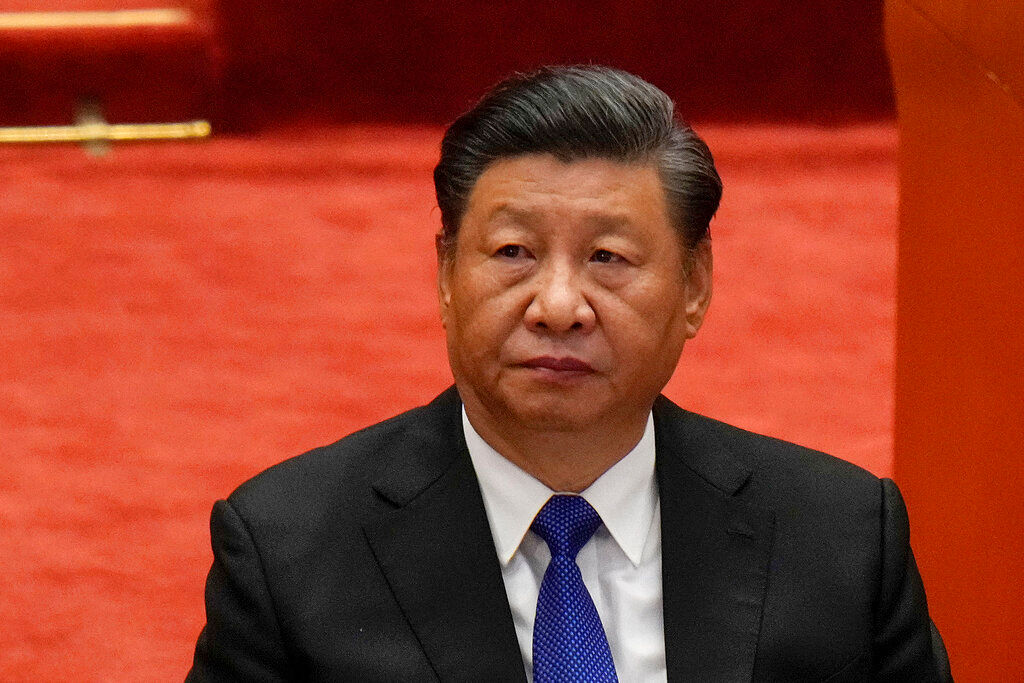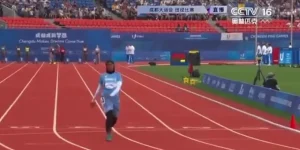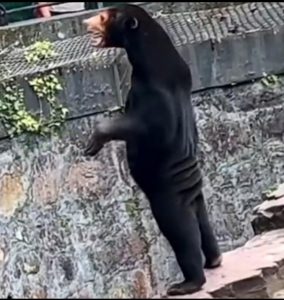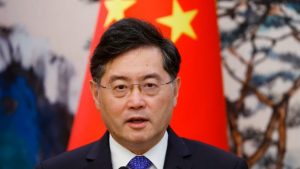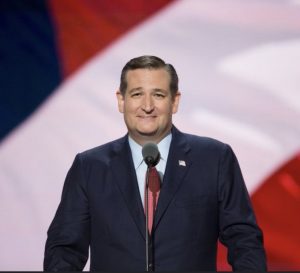China has retaliated against Western criticism of the Hong Kong election, accusing them of meddling in its internal affairs. More than 90% of the seats in Hong Kong’s legislature were won by pro-Beijing candidates in Sunday’s election.
China had made significant modifications to Hong Kong’s election system prior to the poll, including a law that permitted Beijing to vet candidates. Several countries claimed that the poll had weakened Hong Kong’s democracy.
Also Read | Asian stocks suffer as Omicron spreads
The foreign ministers of the United Kingdom, the United States, Canada, Australia, and New Zealand said on Monday that China’s new rules had “eliminated any meaningful political opposition” following the election’s weak turnout.
“Since the handover, candidates with diverse political views have contested elections in Hong Kong. This election has reversed the trend,” said the group, also known as the Five Eyes alliance, as per BBC report.
Separately, the G7 group of developed nations and the European Union underlined their concerns. The G7 urged Beijing to stop oppressing “those who promote democratic values and the defence of rights and freedoms.”
China’s embassy in Australia issued a statement condemning the incident on Tuesday morning. The Five Eyes nations were accused of “reversing the truth” and attempting to “meddle in Hong Kong politics, interfere in China’s internal affairs, and hinder China’s developments,” according to the report.
Also Read | As Beijing Winter Olympics open, Uyghurs set to take rights case to court
“Hong Kong is China’s Hong Kong,” it stated, adding that the Chinese and Hong Kong governments “know best how to secure the prosperity and stability of Hong Kong”.
It also defended the election, claiming that it was “fair, equitable, and open” to all voters and that it was “supported by all communities of Hong Kong society”.
On Sunday, only 30.2 % of Hong Kong’s 4.2 million registered voters cast ballots in the lowest turnout in decades.
This, according to analysts, reflects voters’ understanding of the election’s limitations. It has been called a hoax by democracy activists.
Previous parliamentarians who were critical of Beijing were forbidden from running, and the majority of them were either exiled or imprisoned.
This time around, voters could only vote for 20 seats, which was less than half of the posts previously up for grabs.
When Hong Kong was handed over to China in 1997, it was granted several freedoms not accessible on the mainland, including voting rights. These liberties are expected to persist until 2050.
However, Beijing’s two-year crackdown on political dissent has severely curtailed those rights. Anti-China activities are now largely illegal under a broad national security statute passed last year.

